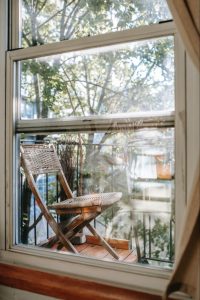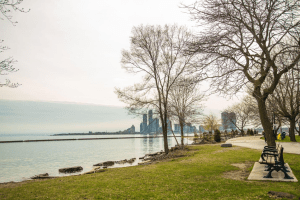Everyone dreams about retirement at a certain point in life. The pressures of job and monetary obligations are finally gone, allowing you to unwind, enjoy life, and enjoy moments with your loved ones. The secret to having an enjoyable retirement, though, is sound economic preparation. The amount of homes that are required in order to retire comfortably is one of the most crucial components of this planning. We shall go into more depth about this in this article.
Your lifestyle, retirement objectives, and local cost of living are just a few of the considerations that will influence the number of houses you need to purchase for living comfortably in retirement. This question does not have an answer that is universally applicable. To decide how many homes you should own in order to retire comfortably, you can use some broad criteria.
Your projected income from retirement will be one of the most crucial aspects to take into account. Your retirement income, which involves sources like Social Security, pension programmes, and any additional savings for retirement that you have amassed over the years, is the sum of money you will have accessible to you during retirement.
You can figure up your monthly costs once you have a firm grasp on your anticipated retirement income. This covers all of the expenses you anticipate having during retirement, such as housing costs, food costs, transportation costs, medical costs, and any other charges.
The number of properties you need to own to retire comfortably may then be calculated based on your monthly costs. You should strive to make enough passive revenue through property rentals that it covers a minimum of 70% of your monthly costs as a general rule of thumb. This implies that if your monthly costs are $5,000, you should try to rent out your property for at least $3,500 each month.
Obviously, this is simply a general recommendation, so your specific situation could call for more or less properties. For instance, you could require fewer properties to earn the necessary income if you have a sizable retirement fund. However, if your neighbourhood has a high cost of living, you could require additional homes to make ends meet.
The types of property you invest in is another aspect to take into account when calculating out the number of houses you need to buy. For instance, keeping up with a number of single-family residences may be more difficult than managing and keeping a number of multi-unit buildings. Since several renters contribute to your rental revenue, multi-unit homes may also offer a more reliable stream of income.
The location of your properties is another crucial factor. Purchasing real estate in sought-after neighbourhoods with robust rental markets may increase rental revenue and increase the likelihood of property appreciation. These homes might, however, cost more to buy and require more frequent upkeep.
In the end, deciding how many homes you should buy in order to retire comfortably is a personal choice that is based on your particular situation. To establish how many properties you should own, it’s crucial to thoroughly consider your retirement objectives, estimated income, and costs.
It’s essential to begin developing your portfolio of real estate as soon as you have figured out the amount of assets you require. Real estate is an investment that lasts, so the sooner you get started, the longer it will take for your assets to increase in value and provide rental revenue.
It’s crucial to diversify your investments in addition to expanding your real estate portfolio. This entails making investments in a variety of properties in various locations and maybe different property categories. Diversification helps reduce risk and provide a consistent income stream throughout retirement.
In conclusion, determining how many homes you should own in order to live well in retirement is a decision that relies on your own situation. To establish how many properties you require, it’s crucial to thoroughly consider your retirement objectives, estimated income, and costs. Owning rental properties may be a reliable source of passive income throughout retirement with careful planning and investing.






